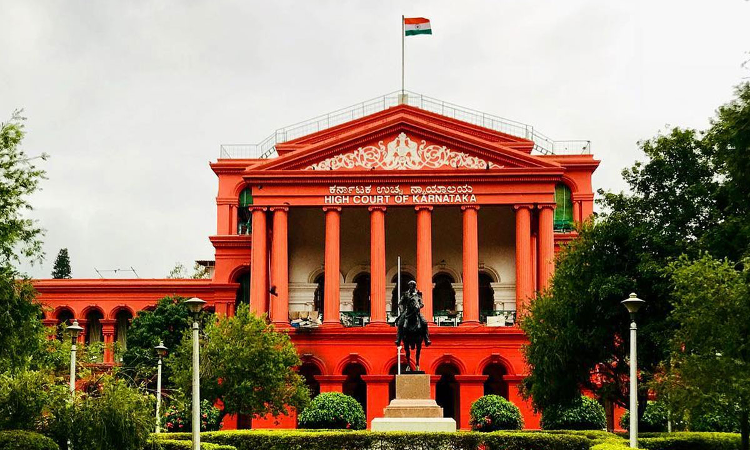UAPA Case: Karnataka High Court Upholds Rejection Of Alleged PFI Members' Default Bail
Mustafa Plumber
24 April 2023 3:37 PM IST

Next Story
24 April 2023 3:37 PM IST
The Karnataka High Court has dismissed a petition filed by five alleged members of the banned organisation Popular Front of India, (PFI), and upheld the order of Special court designated to try offences under the Unlawful Activities (Prevention) Act, which rejected their application for grant of default bail. A division bench of Justice Alok Aradhe and Justice Vijaykumar A Patil found no...
